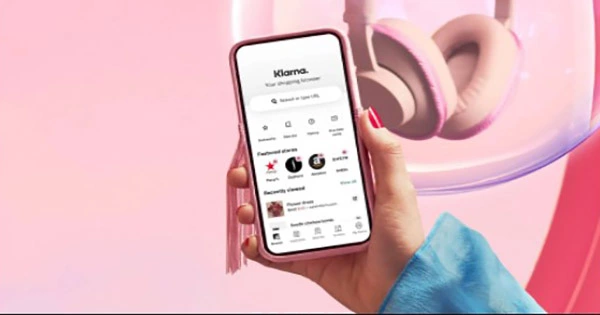Last year, Visa startled the European fintech market by announcing the acquisition of Tink for €1.8 billion ($2.15 billion at the time). Klarna now aims to compete directly with Tink by launching Klarna Kosma, a new business unit with its own brand. Klarna Kosma, like Tink, has an open banking application programming interface (API). Tink and Klarna are based in Stockholm, Sweden, as well. TrueLayer and Plaid, for example, are two more open banking API providers. And it’s been a competitive market, with Visa attempting to purchase Plaid but failing.
Klarna is effectively announcing that it is now open for business with this new strategy. You have one additional alternative if you’re constructing a financial product and need to communicate with bank accounts. Other firms can use Klarna Kosma’s API to incorporate it into their apps and services. These businesses may use Klarna’s API to get account statements, make payments, get banking information, and have that data refreshed on a regular basis.
Klarna is a company that specializes in “buy now, pay later” services. Klarna connects consumers’ bank accounts to provide spending insights and build a form of credit score before allowing them to buy things in installments in some countries. Klarna is making its in-house product available to other clients as of today.
“With Kosma, we’re bringing the power of our unique Open Banking platform and technology to banks, merchants, and fintechs who share our vision of a world where people control their data and institutions compete for customers by offering value, not by locking in data,” said Klarna CTO Yaron Shaer.
Due to the EU’s Payment Services Directive PSD2, all banks and financial institutions in Europe must provide open banking interfaces. However, there is no universal standard. The heavy lifting is done for you via open banking APIs. Klarna claims to work with 15,000 banks in 24 countries.
API is now focused on European and American banks, but it wants to extend to additional areas in the near future, including Australia, Canada, and New Zealand. Customers of Klarna Kosma can programmatically start payments with compatible banks in addition to using the Account Information Service (AIS). That has always been open banking’s long-term promise. If payment initiation becomes popular, it might eventually supplant card payments and e-wallets such as PayPal. We haven’t arrived yet, but Klarna intends to have a product ready when we do.
















